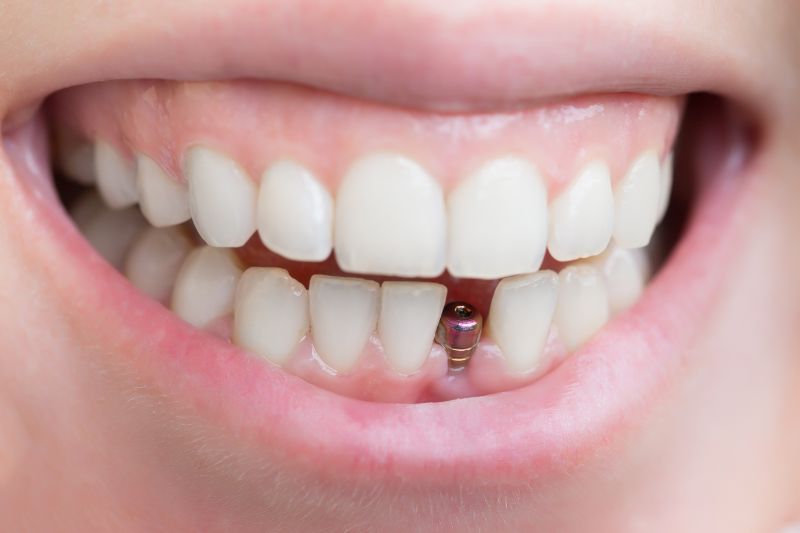Typically, dental implant surgery has a high success rate, but some instances require a surgeon to remove them. You know what the recovery process was like to get your implant, but what happens after an infection? Keep reading to learn more about why dental implants are removed, how the process works, and what you can expect after the procedure.
Why Are Dental Implants Removed?
You might be wondering why you need to remove a dental implant when they are considered permanent. Your dental surgeon may need to remove your implant if you have a weak jawbone, smoke tobacco, do not take care of the implant and get an infection, or have other medical conditions, such as osteoporosis. Removing the implant is necessary to prevent infection from spreading and bone loss from occurring.
How the Removal Process Works
The strength of the bond between the dental implant and your surrounding jawbone will determine how much bone and tissue the surgeon might need to remove with the implant. They will use a tool to cut a small portion of the bone to help loosen and remove it. This procedure is painless because you will be under local anesthesia and dental sedation.
What To Expect After Dental Implant Removal
It is possible to replace an implant after removing an infected one if your dental implant surgeon in Los Angeles feels like it’s the right solution. The surgeon will apply a bone graft over the area where the implant was to help fortify your natural bone and hopefully support a new implant in the future. Here’s what you can expect after removing a dental implant.
Swelling, Tenderness & Soreness
You will notice that the gums surrounding the implant area will be swollen and tender. This is perfectly normal and will subside in the days following your procedure. Your dental provider may prescribe pain medication, or they will recommend an over-the-counter alternative.
Only Eating Soft Foods
Because the area is tender, eating foods that are crunchy or sharp in texture will be bothersome. Therefore, you should eat soft foods until you’re comfortable biting down on something harder. Before your surgery, consider stocking up on mashed potatoes, yogurt, cottage cheese, and other soft foods.
Taking Antibiotics
If your dental implants were removed due to an infection, your surgeon will prescribe you antibiotics to help minimize and eliminate the infection. It’s essential that you take all antibiotics as prescribed, even if you feel like your infection is gone. Stopping a few pills short might not kill all of the infectious bacteria, and you could need another antibiotic treatment.
Follow-Up Appointments
After removal, you will need to schedule a follow-up visit with your surgeon so they can see how well you’re recovering. This is necessary to ensure you took the proper steps to recover from the removal surgery and that everything went smoothly without complications.
Dental implant surgery is not as bad as some might have you think. You won’t feel a thing, and the recovery process is very straightforward. Now that you know what to expect from this procedure, you can better prepare yourself!

